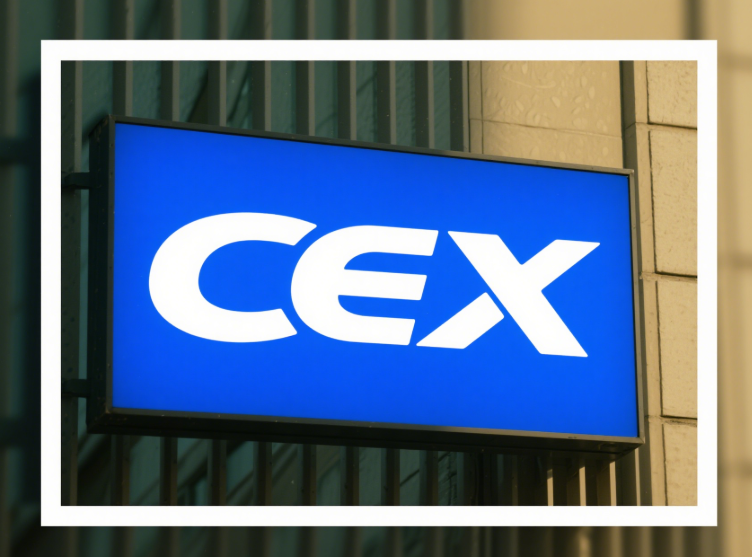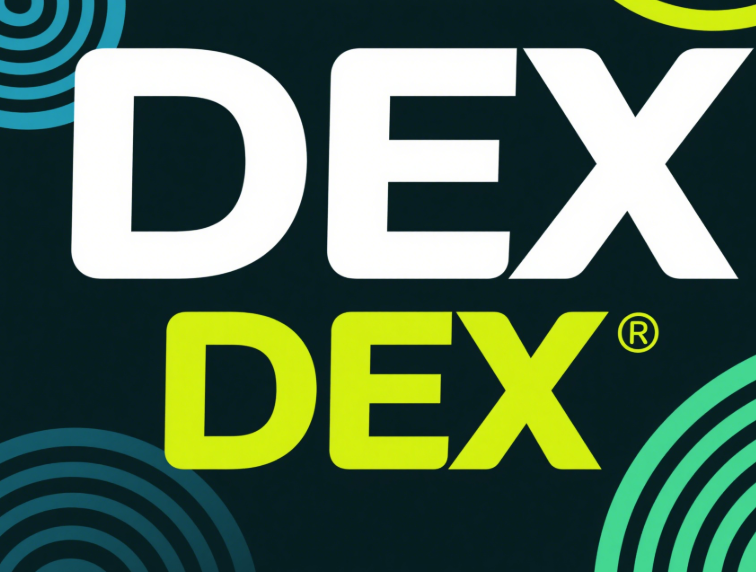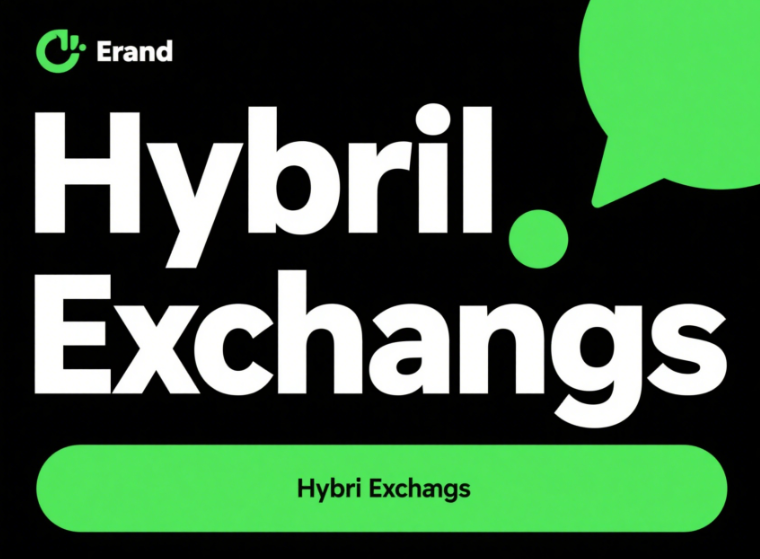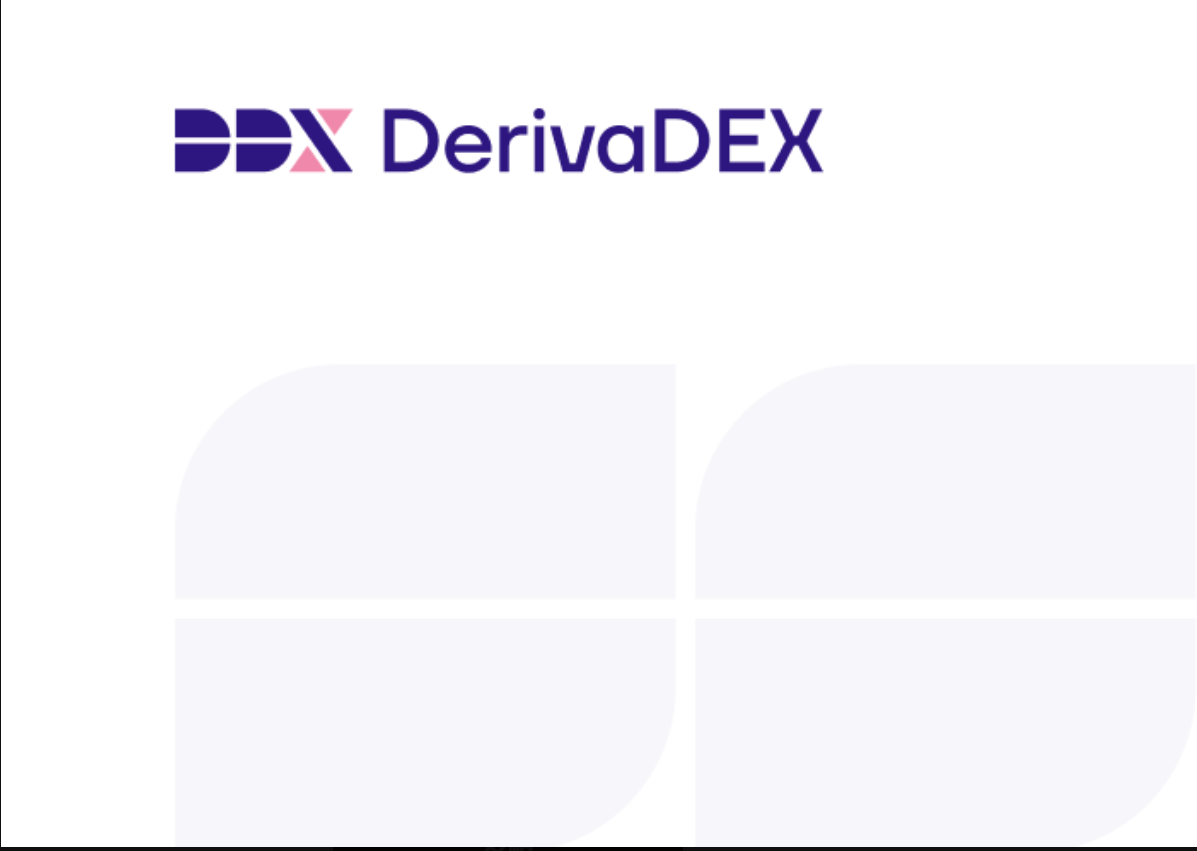In the world of Bitcoin and other cryptocurrencies, you’ll encounter a variety of exchanges. Whether you are an experienced investor or a newcomer just stepping into the world of crypto, understanding the different types of exchanges and their pros and cons is crucial. Today, we’re going to dive into the three main types of exchanges: Centralized Exchanges (CEX), Decentralized Exchanges (DEX), and Hybrid Exchanges. We’ll explore their characteristics, strengths, weaknesses, and the scenarios in which they are appropriate, helping you make better-informed choices about which exchange to use.
What is a Centralized Exchange (CEX)?
A Centralized Exchange (CEX) is, as the name suggests, operated and managed by specific companies or organizations. When users trade here, they must create an account on the platform and deposit their assets into the exchange. This model allows for rapid order matching and provides a user-friendly interface. Well-known exchanges like Binance, Coinbase, and Huobi are all typical representatives of CEX.

On the positive side, CEX usually provides better liquidity and faster transaction speeds. With strong financial and technical backing, users can easily find buyers or sellers on the platform. Additionally, many CEX offer a rich variety of trading products, including spot trading, contract trading, and margin trading, catering to different levels of investor needs.
However, the drawbacks of CEX are also significant. Because users need to deposit their assets into the exchange, this means they must trust the security of the exchange. If a hacking incident or mismanagement occurs, users’ assets may be at risk. Furthermore, CEX typically charge higher transaction fees, especially for high-frequency trading.
The Rise of Decentralized Exchanges (DEX)
Decentralized Exchanges (DEX) are the polar opposite of traditional exchanges, as they do not rely on centralized institutions to manage trades. They utilize blockchain technology to allow users to buy and sell assets directly without intermediaries. Popular DEXs include Uniswap, SushiSwap, and PancakeSwap.

The main advantage of DEX is that users have complete control over their assets. Users' assets are stored in their own wallets, and the exchange does not hold any user private keys. This arrangement significantly reduces the risk of assets being hacked. Additionally, DEX typically do not require users to undergo identity verification, which protects user privacy.
However, DEX comes with its drawbacks as well. Due to the absence of centralized management, liquidity is often not as robust as CEX, which might lead to slower transaction execution speeds and higher price slippage. Moreover, for newcomer users, the interface and processes of a DEX may not be as friendly, especially when it comes to setting slippage and choosing trading pairs, where errors can easily occur.
The Innovation of Hybrid Exchanges
Hybrid exchanges take aspects from both CEX and DEX and attempt to combine their advantages. Platforms like Thorchain and CryptoBridge seek to provide the liquidity and speed of traditional exchanges while ensuring users retain control over their assets.
The advantage of hybrid exchanges lies in their ability to offer both high liquidity and user control over assets. Users can enjoy the quick trading experience of a CEX while maintaining the asset control offered by a DEX. Moreover, these platforms often incorporate liquidity pools, encouraging users to provide liquidity and earn transaction fee profits.

However, hybrid exchanges are not without their flaws. Currently, the ecosystem of hybrid exchanges is not yet mature, and the protocols and technologies they employ are relatively new, which may leave room for security vulnerabilities or practical operational inconveniences. For the average user, their usability, interface, and support might be relatively lacking, potentially resulting in an inferior experience compared to established CEX platforms.
How to Choose the Right Exchange for You?
Having discussed the pros and cons of the three types of exchanges, how can you choose the right one for your needs? The first step is to consider your trading requirements and technical proficiency. If you are a beginner, you might prefer a user-friendly, high-liquidity CEX. Conversely, if you are someone who prioritizes privacy and asset security, a DEX is a more suitable option.
You should also consider trading fees and speed. While CEX offers higher liquidity and quicker transaction speeds, the fees can be a concern, especially with frequent trading. On the other hand, while DEX typically have lower fees, transaction speeds might be affected by liquidity and network congestion.
For users looking to maintain privacy while enjoying higher liquidity, hybrid exchanges may be a worthwhile option. However, it’s essential to fully research the security and user feedback of these platforms before committing, as you don’t want to follow trends blindly.
Conclusion
Choosing the right exchange is vital for your trading experience. Centralized exchanges, decentralized exchanges, and hybrid exchanges all have their pros and cons and cater to different types of users. Understanding these characteristics not only aids in more efficient trading within the cryptocurrency space but also enhances your sense of security and the likelihood of successful trades. Whether you are a newcomer or a seasoned trader, doing your homework is always beneficial. Before making a choice, consider comparing all options to find the digital asset trading platform that suits you best.
















No comments yet